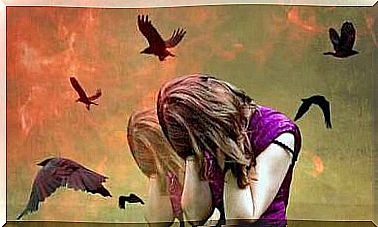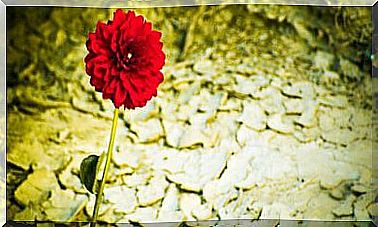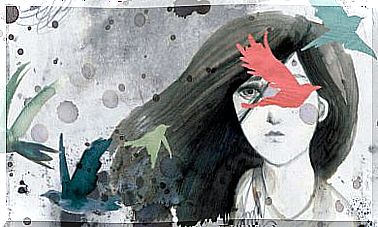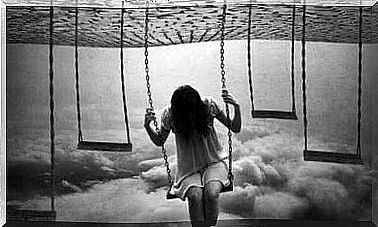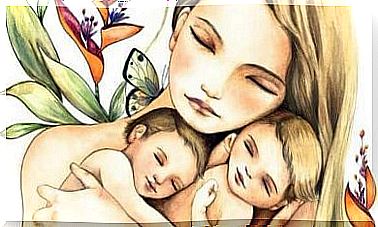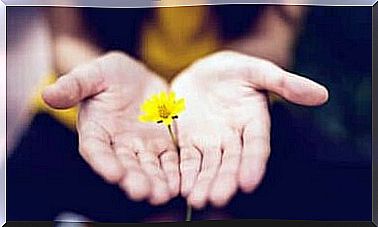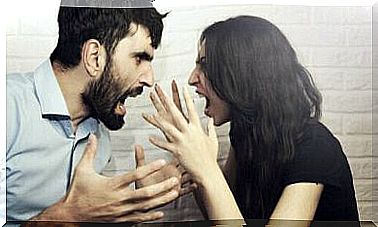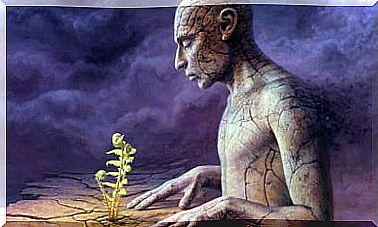Anthony De Mello, The Biography Of A Spiritual Psychology Reference
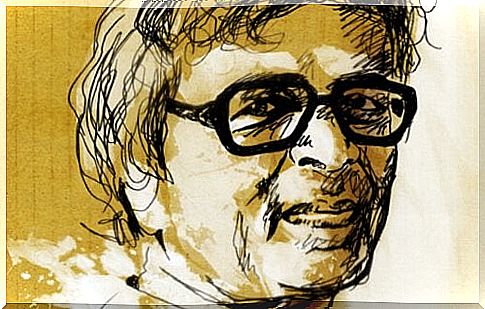
Anthony de Mello was an indigenous Jesuit priest, spiritual guide and psychotherapist who achieved notable fame for his books, his lectures and his unique personality. He was a strange figure for many and inspiring for others. He approached all religions to extol the most beautiful and interesting of each, in turn providing us with valuable advice on personal growth.
His perspective has always been vital, unique and effective. In books like Rediscover your life , which would be his last work, he says that all people arrive in the world being happy. However, little by little we become personal prisons of suffering, in which we are no longer aware of our potential. Our own thoughts, he says, are always our worst enemies.
On the other hand, something De Mello invoked was the need to accept our spiritual nature. He absolutely accepted all religious beliefs, felt comfortable in all of them, and considered them his home. His perspective, often pantheistic, was something the Catholic Church did not like very much. In fact, its teachings were banned during the period of Pope Ratzinger. However, this ban would be lifted later.
Father Anthony de Mello is, without a doubt, one of the best-selling writers on spirituality. His texts and messages are an invitation to personal growth, but also a very inspiring revolutionary exercise. In phrases such as “take a prayer and shake it until all the words fall out and on only that which sets your heart on fire” , he demonstrates to us the essence of his personality.
His main influences were the Theravada Buddhist teacher Chah Subhatto and the philosopher J. Krishnamurti. Thus, and although more than thirty years have passed since his death, his books continue to be sold and to inspire new generations. Few figures have taught us in such an illustrative way to resolve conflicts, to work on our freedom and happiness.
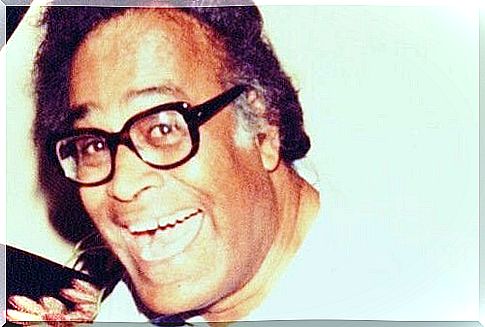
Anthony de Mello’s biography
Anthony de Mello was born on September 4, 1931 in Mumbai, India. He belonged to a middle-class Catholic family. His father Frank and mother Louisa, both natives of a Portuguese territory called Goa, hoped that their eldest son would prosper in the railway business or, better yet, graduate from University.
However, Anthony de Mello showed a clear vocation early on: he wanted to become a Jesuit priest. It was in July 1947 that he finally decided to join the Society of Jesus at the seminary in Vinalaya, on the outskirts of Mumbai. Later, from 1952 onwards, he began his academic training. First, he spent three years in Barcelona, Spain, studying philosophy.
Later, he would travel to Chicago’s Loyola University to train as a psychologist. Then he received the influence and inspiration of Carl Rogers, famous American psychologist, initiator together with Abraham Maslow of the humanist approach in psychology. Thus, throughout this student trajectory, De Mello was able to learn from different cultures and studied Spanish, French, Portuguese and Marathi.
Anthony de Mello and the search for spirituality in all religions
It was throughout the 1970s that Anthony de Mello opened his mind and heart to the practice of vipassana meditation. At that moment, he began to show an approach to Buddhist spirituality, finding benefits in it that would enrich even more what the Jesuits had taught him.
In his view, all religions could offer healing perspectives for the human being. Therefore, he accepted them and was inspired by them all. Because, in his opinion, the spiritual response of Jesus Christ was equally valid as that presented by Confucius, Lao Tzu and Buddha. Thus, in books such as O canto do povo , published in 1982, Anthony de Mello defines spirituality as follows:
At the same time, another well-known facet of this indigenous Jesuit and psychotherapist was his great ability to conduct spiritual retreats, in which he guided and inspired others. He had a lot of charisma and a personality that many defined as overwhelming. However, for some he was no more than a heretic.
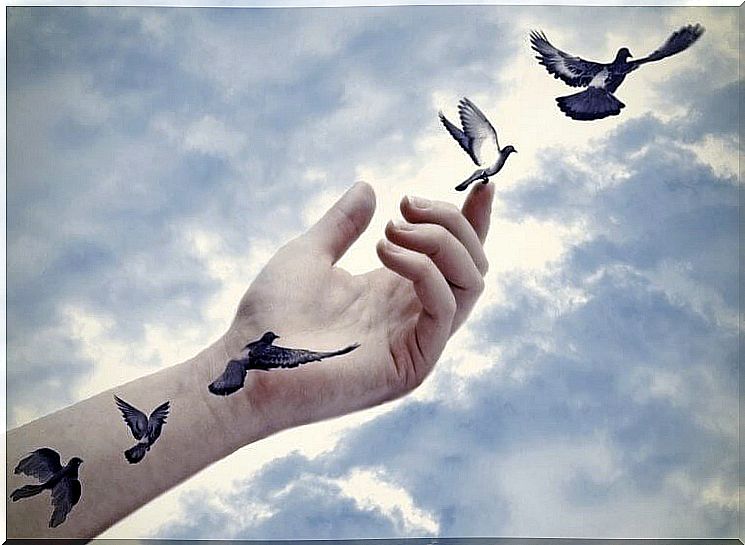
He dared to formulate ideas and defend positions that more traditional Catholics could not understand. He was an interreligious teacher who equally appreciated and defended Hinduism, Judaism, Buddhism or Catholicism, because all religious formulas were, for him, valid and inspiring. His charisma always made him convincing and dragged thousands of followers with him.
A spiritual teacher in the United States
In the 1970s, he founded the Sadhana Pastoral Advisory in India. Later, he would devote his entire life to introducing Eastern spirituality, through stories and exercises, in the United States. He was a spiritual healer and psychologist who traveled from east to west, teaching people a type of prayer based on vipassana meditation.
His lectures were a real success. As well as his speeches, in which he helped people to focus on the present, to be more aware of their emotions, their thoughts and their needs. The University of St. Louis, for example, received him every summer expecting his courses as well as the presentation of his books. He wrote 18 works in total, an absolute bestseller to inspire millions of people around the world.
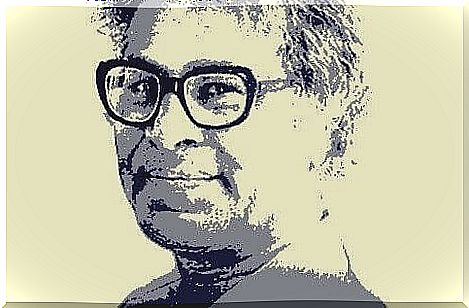
Unfortunately, Anthony de Mello died suddenly at the age of 55. A heart attack took his life in 1987 in New York. Since then, his spiritual and theoretical legacy has spread further, somehow fulfilling many of his purposes. He taught us to be more aware of our worth and invited us, above all, to “wake up”, to get in touch with ourselves and what surrounds us. Only then will we find greater opportunities to be happy.
